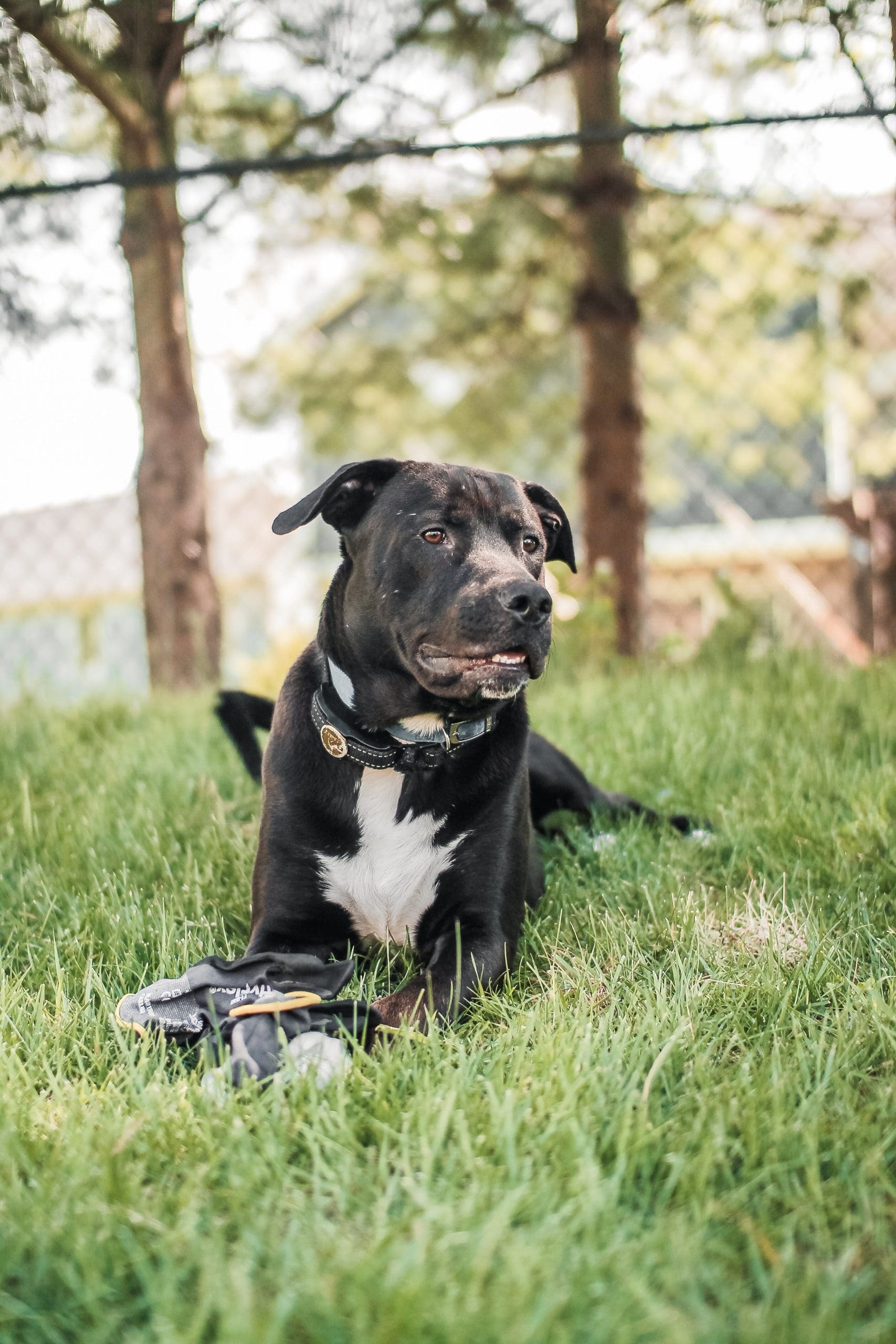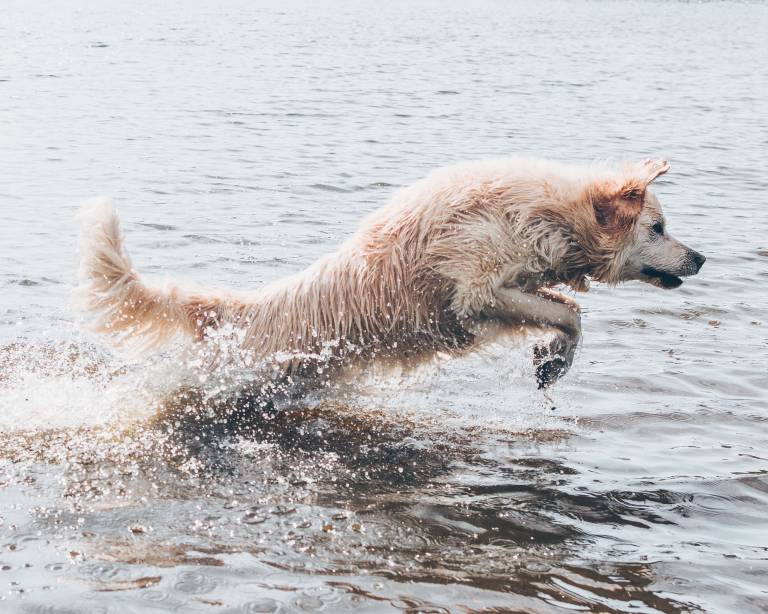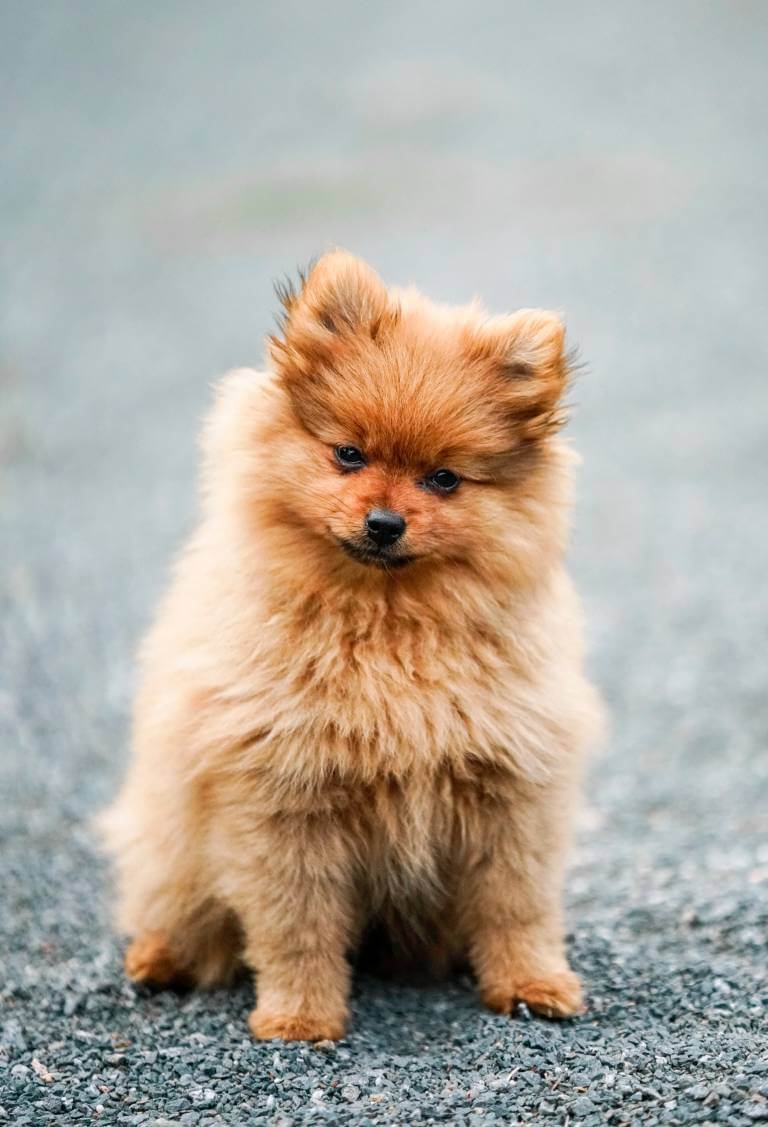What Is The Biggest Dog In The World?
Post Date:
December 10, 2024
(Date Last Modified: December 10, 2024)
When discussing the largest dog breeds, the Great Dane often claims the title of the biggest dog in the world. With a towering stature and gentle demeanor, Great Danes captivate dog lovers. Adult males typically stand between 30 to 34 inches at the shoulder and weigh between 140 to 175 pounds. Despite their impressive size, they are known for their calm nature, making them suitable companions for families and individuals.
The Mighty Mastiff
The Mastiff, particularly the English Mastiff, is another strong contender for the heaviest dog breed. Males can weigh over 200 pounds, with some reaching an astonishing 300 pounds. Their massive frame is paired with a loyal and protective disposition, ideal for guarding homes. Despite their size, Mastiffs are often described as gentle giants, displaying affection towards their families.
The Affectionate St. Bernard
St. Bernards, originally bred for rescue work, are also prominent in discussions about large dogs. Males generally weigh between 140 to 180 pounds and stand 26 to 30 inches tall. Known for their friendly and affectionate nature, they make excellent family pets, especially around children. Their history as rescue dogs adds a commendable aspect to their character, portraying them as dependable and brave.
The Tall Irish Wolfhound
The Irish Wolfhound deserves recognition for its impressive height. Adult male Irish Wolfhounds can stand up to 34 inches tall, making them the tallest dog breed. Originally bred for hunting wolves, they combine grace and agility with their large size.
The Newfoundland’s Unique Qualities
Newfoundlands also play a significant role in the conversation about large breeds. Weighing between 100 to 150 pounds, they are celebrated for their swimming prowess and gentle temperament. Originally bred to assist fishermen, their thick, water-resistant coat and affinity for water make them exceptional family pets, particularly in water rescue scenarios.
Living with Large Dogs
Owning a large dog presents unique challenges, starting with space requirements. These breeds need ample room to move comfortably, whether in a house or an apartment. Providing a suitable environment is crucial for their well-being.
Feeding large dogs requires careful consideration due to their higher food intake. Selecting high-quality dog food that meets their nutritional needs is essential, particularly during growth stages. Regular veterinary check-ups help monitor their health and address any breed-specific conditions, such as hip dysplasia or heart issues.
Training and Socialization
Socialization is vital for large breeds. Early exposure to different environments and interactions helps prevent unwarranted aggression or timidity. Training should focus on basic commands and good behavior to ensure their safety and that of others, given their potential to cause unintentional harm due to size.
Exercise is equally important. Though many large breeds have a calm demeanor, they require regular physical activity to maintain a healthy weight and prevent behavioral issues. Daily walks, playtime, and mental stimulation, such as swimming or fetch, contribute to their overall happiness.
Health Considerations
Large breeds often face unique health challenges. Regular veterinary care is crucial, as they can be susceptible to specific health issues. Monitoring diet, weight, and overall health can help prevent common problems. A balanced diet and consistent exercise minimize the risk of obesity, which is particularly concerning in larger breeds.
The Bond with Large Dogs
The bond between a dog and its owner transcends size. Larger breeds often form strong attachments to their families, offering protection and loyalty. Many owners experience profound emotional connections with their pets, enhancing their lives significantly.
Considering the largest dog breeds reveals that size does not determine a dog’s worth. Each dog, regardless of breed or size, contributes unique qualities and personalities to a home. Whether drawn to the gentle nature of a Great Dane or the affectionate demeanor of a St. Bernard, the companionship of a dog enriches life in countless ways. The experience of sharing life with a large dog can be deeply fulfilling, filled with adventures and challenges. Embracing the needs of these breeds fosters a lasting bond that benefits both the dog and its owner.






